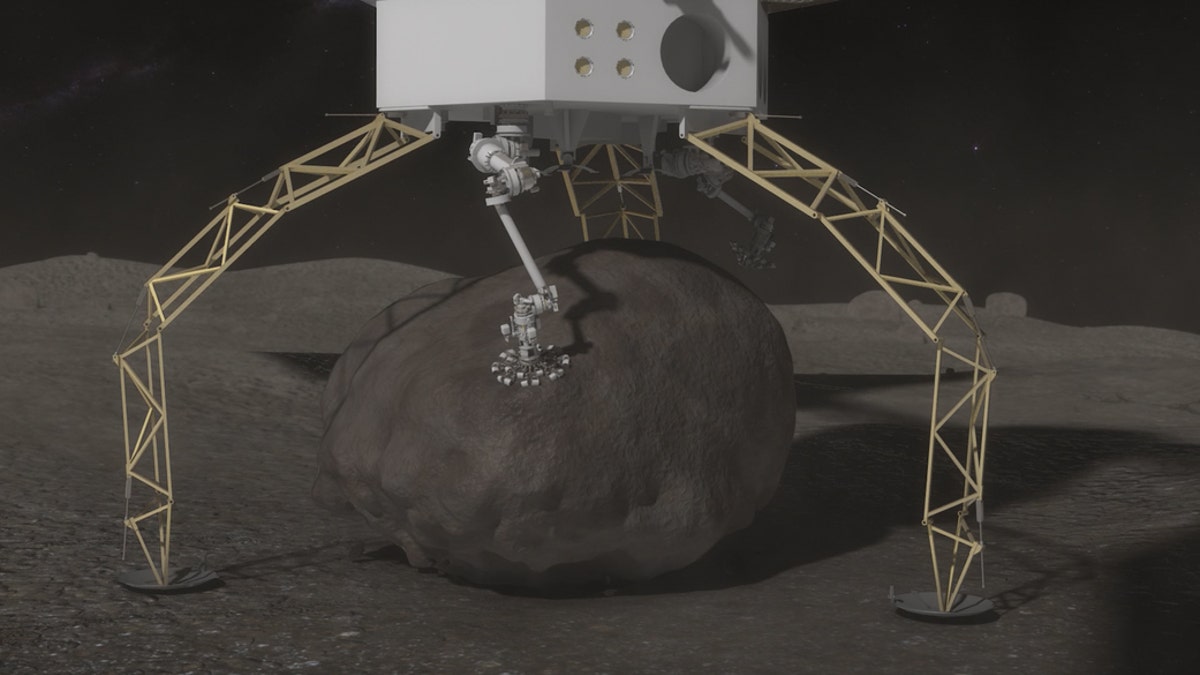
(NASA)
NASA is seeking research partners for its ambitious asteroid redirect mission, the space agency recently announced.
The asteroid mission sounds like science fiction. In December 2021, NASA plans to launch a robotic mission that will travel to an asteroid, grab a multiton boulder off its surface, bring it back—and then put it in orbit around the moon. The space agency says they’ve already identified four asteroid candidates.
After that, with a launch in 2026, astronauts will travel to the asteroid and research it, bringing back samples to Earth.
“These samples will contain far more asteroid material than has ever been returned by a space mission, which could open new scientific discoveries about the formation of our solar system, the origin of life on Earth, and help determine the potential for use of asteroid resources,” NASA said in a statement.
That statement was announcing that they would soon be releasing a Broad Agency Announcement (BAA) related to the asteroid mission, meaning that they will be looking for scientific research proposals.
Related:
Not only will this mission help the space agency better understand asteroids and our solar system, but NASA says it will also help prepare them to protect the Earth from potentially hazardous asteroids, as well as prepare for a Mars journey.
“The robotic mission also will demonstrate planetary defense techniques to deflect dangerous asteroids and protect Earth if needed in the future,” NASA says. (The one they capture will be too small to harm Earth, even if it will be nowhere near it, according to NASA.)
The space agency says that there could be commercial and other benefits stemming from the asteroid mission.
“This BAA anticipates that capabilities and technologies developed through these partnerships will also provide significant commercial, scientific, exploration technology/capability and/or planetary defense applications beyond [the asteroid redirect mission],” NASA said.
The space agency anticipates keeping the window for proposals open until 2018.
Follow Rob Verger on Twitter: @robverger




















